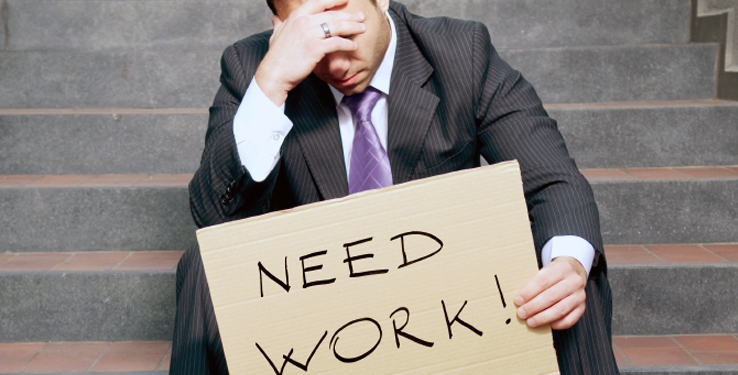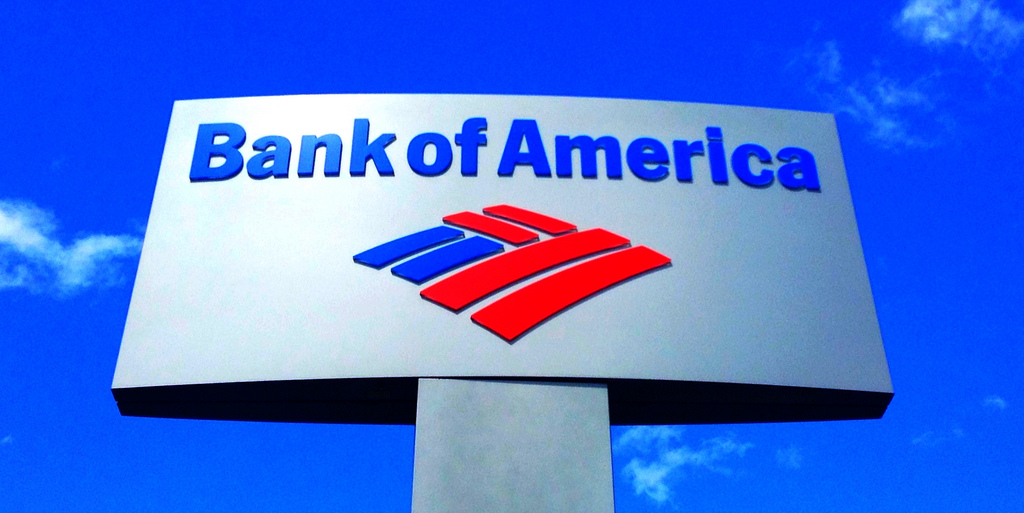 Parler
Parler Gab
Gab
Stocks seeing declines as recession fears rise
Two of America's main stock indexes, the S&P 500 and the Nasdaq, dropped sharply on Wednesday, April 5, after a growing wave of weak economic data deepened the concerns of the stock market that the U.S. economy might tip into a recession. The S&P 500 declined by 0.25 percent, ending the session at 4,090.38 points. The Nasdaq fell by 1.07 percent, down to 11,996.86 points. Of the 11 main sector indexes in the S&P 500, seven declined – Information Technology, Financials, Industrials, Consumer Discretionary, Communication Services, Materials and Real Estate. "It looks pretty clear that we are going to see parts of the economy break and we are heading for a recession," warned Edward Moya, a senior market analyst for the Americas at foreign exchange company Oanda Corporation in New York. "We forget that there's also a banking crisis going on, so there's going to be some pain that's really going to cripple small and medium businesses. We are going to see some tough times and are probably going to see this play out in markets." "We may have transitioned from the notion that 'bad news is good news' to 'bad news is bad news,'" said Jay Hatfield, chief executive officer and portfolio manager at investment firm InfraCap in New York. "Fear about a recession is the dominant theme." Reflecting concerns about the deteriorating state of the economy and the recent turmoil in the banking industry, interest rate futures predict a 61 percent chance that the Fed will cut interest rates from current levels by the end of its meeting in July, implying a desire to jumpstart the economy following over a year of interest rate increases to avoid a recession. Learn more about the deteriorating state of the American economy at MarketCrash.news. Watch this clip from "Barron's Roundtable" on Fox Business as Bank of America Securities Head of U.S. Economics Michael Gapen discusses his predictions for a recession in the United States. This video is from the News Clips channel on Brighteon.com.More related stories:
PULLING THE PLUG: Another $126 billion pulled by depositors from US banks, Federal Reserve data shows. Inflation remains a problem for middle- and lower-income Americans as Biden's Federal Reserve keeps raising interest rates. Jobless claims soar to five-month high as recession signals blare. Dr. Doom warns: Perfect storm of recession, debt crisis and inflation to hit markets. Biden's economy: Major companies continue to lay off thousands of workers as recession worsens. Sources include: MarketWatch.com 1 Fortune.com MarketWatch.com 2 Reuters.com Brighteon.comGen Y and Z Brits resorting to “buy now, pay later” schemes to manage finances
By Belle Carter // Share
Brave New Europe: Pay fine and go directly to JAIL if you use more than $1,000 in cash
By News Editors // Share
PULLING THE PLUG: Bank of America clients withdraw $2.3B from US securities, bank strategist says
By Belle Carter // Share
Governments continue to obscure COVID-19 vaccine data amid rising concerns over excess deaths
By patricklewis // Share
Tech giant Microsoft backs EXTINCTION with its support of carbon capture programs
By ramontomeydw // Share
Germany to resume arms exports to Israel despite repeated ceasefire violations
By isabelle // Share










